Earlier this year, a House committee approved a bill aiming to raise approximately $50 million via a new excise tax on vaping products and an increase in existing taxes on tobacco products other than cigarettes, which went into effect last month.
Last February, State Rep. Jerry Miller, R-Louisville, presented an amendment on his House Bill 32, agreeing to lower tax increases equating to a lower revenue gain for the state budget than the $94 million promised by the original version. Ben Chandler, president of the Foundation for a Healthy Kentucky, thinks that tax increases are a step in the right direction as it discourages teens to purchase the products. “A significant tax bump reduces consumption,” he said.
“These kids are as young as 11 and 12 years old,” added Chandler referring to those trying vaping. “And they are experimenting with a product containing high levels of nicotine and made in such a way that it can hook them almost overnight, subjecting them to a lifelong addiction that is among the most difficult addictions on Earth to break.”
Going into effect this week, the new excise tax on vaping products will increase prices for cartridge-based e-cigarettes by $1.50 per pod, and containers of refillable e-cigarette liquid will be taxed at 15% of the wholesale price.
Bonnie Hackbarth, lead staff member with the Coalition for a Smoke-Free Tomorrow said that research has shown that increasing the price of nicotine products, deters people from using them. “Before the Food and Drug Administration’s partial ban on flavored e-cigarettes even began,” said Hackbarth, “companies had already introduced products that took advantage of one of the loopholes, and that’s disposable e-cigarettes. And this tax will apply to those as well.”
Vapesourcing Opinion:
Can raising taxes effectively prevent young people from buying? The result is still unknown.
But raising high taxes often leads to an increase in adult smoking rates and a decrease in smoking cessation rates. This is bad news.























































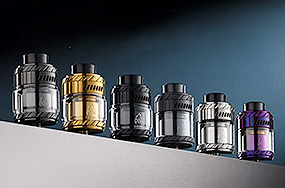
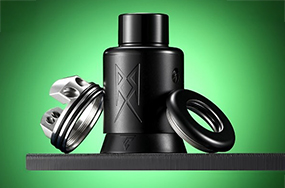
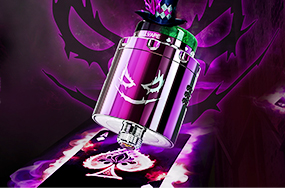







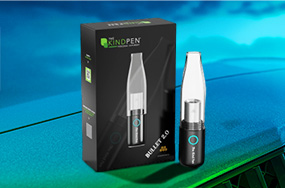
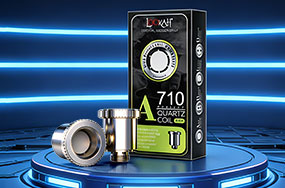







comments